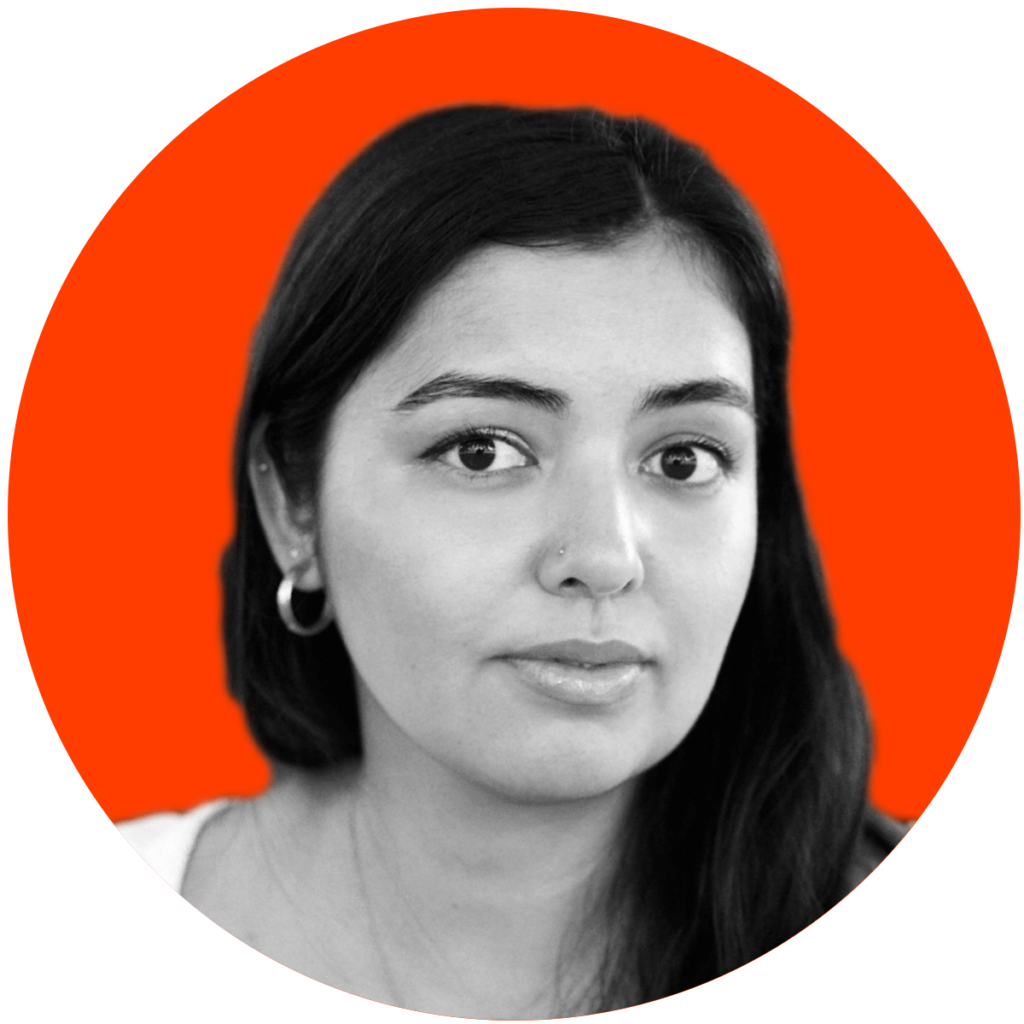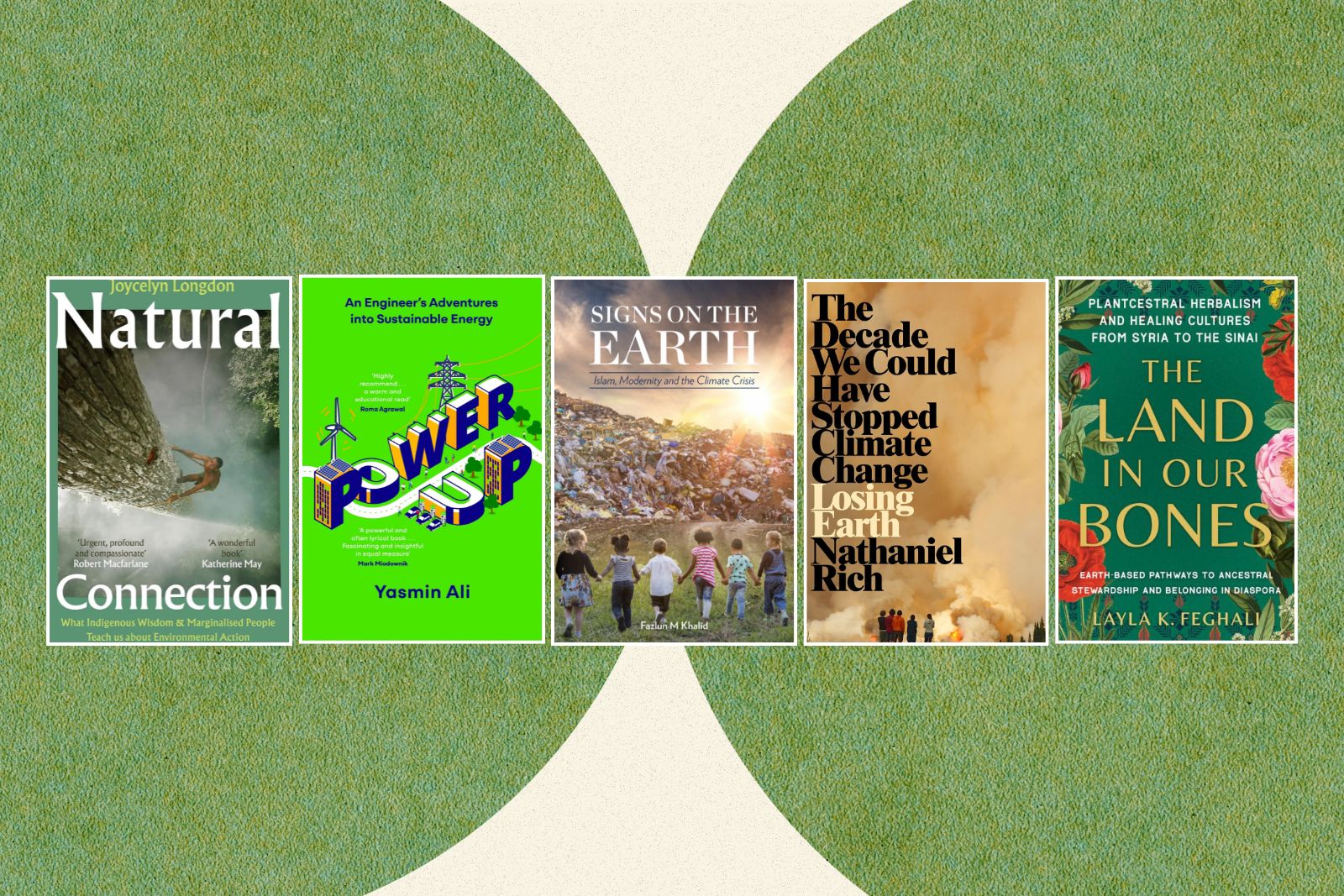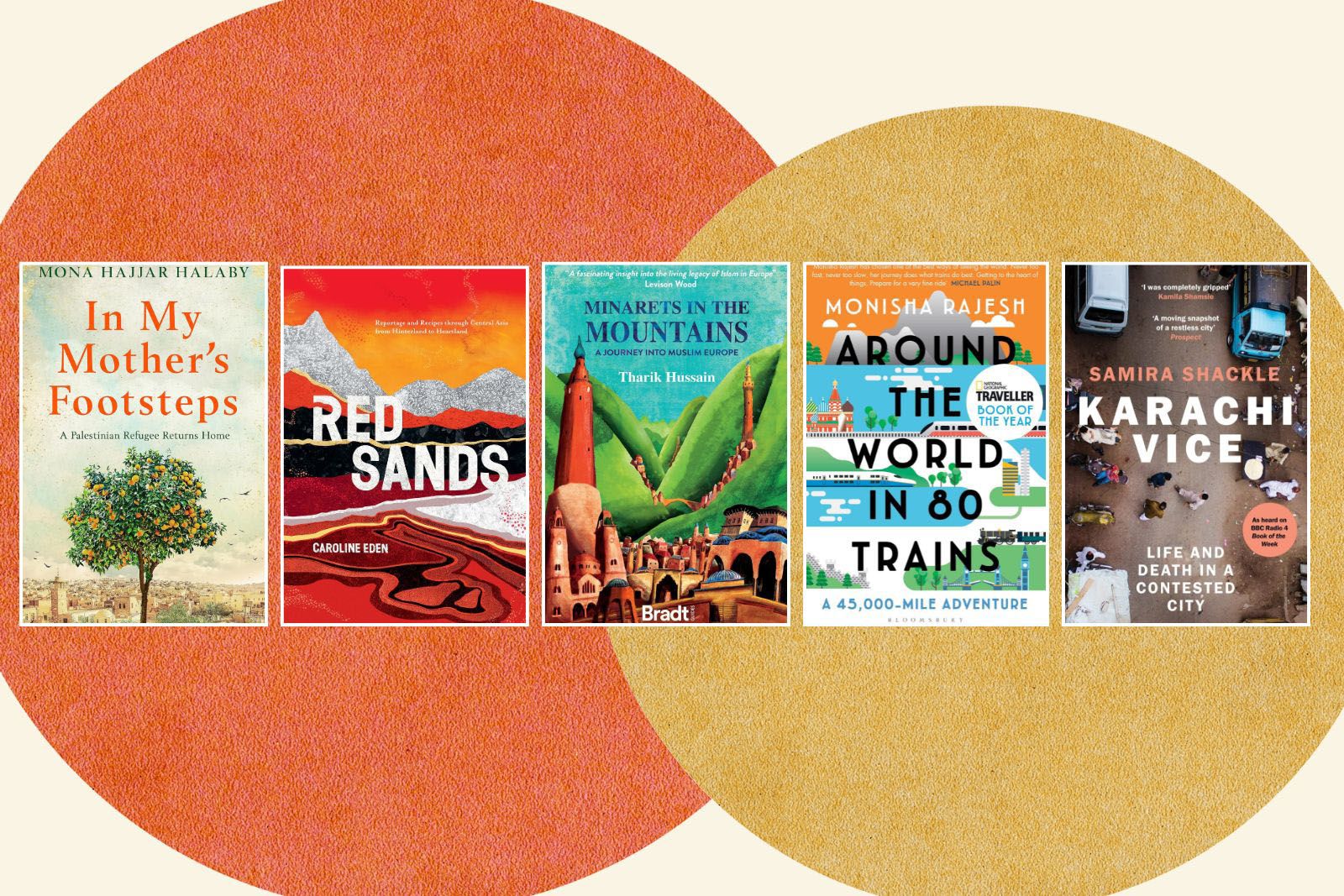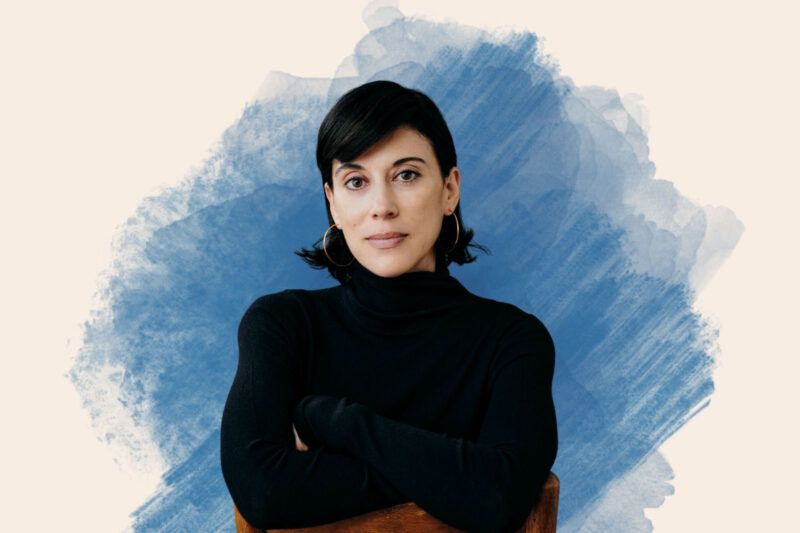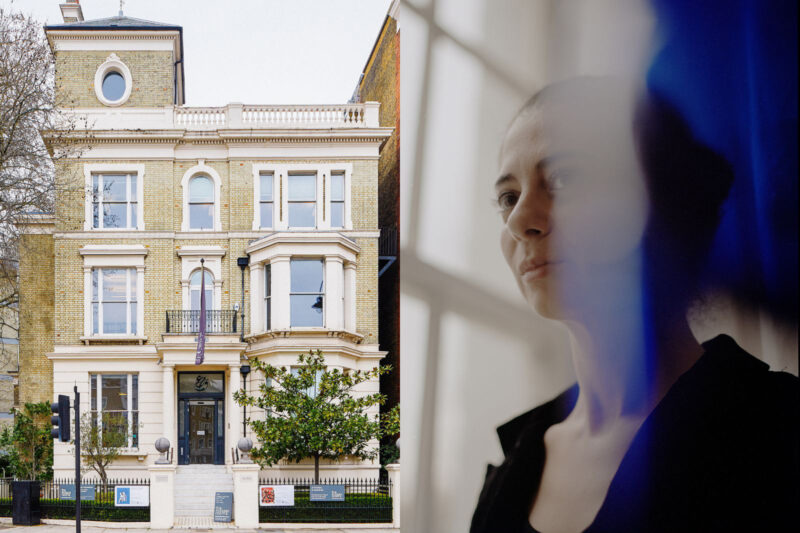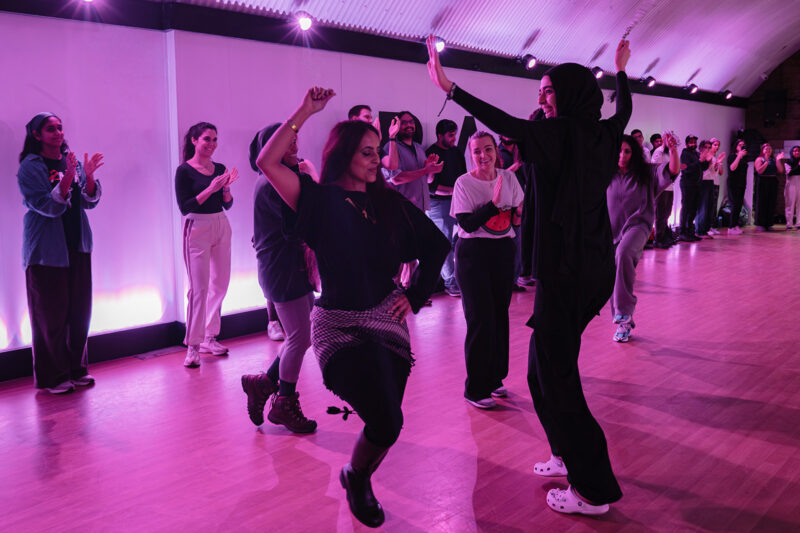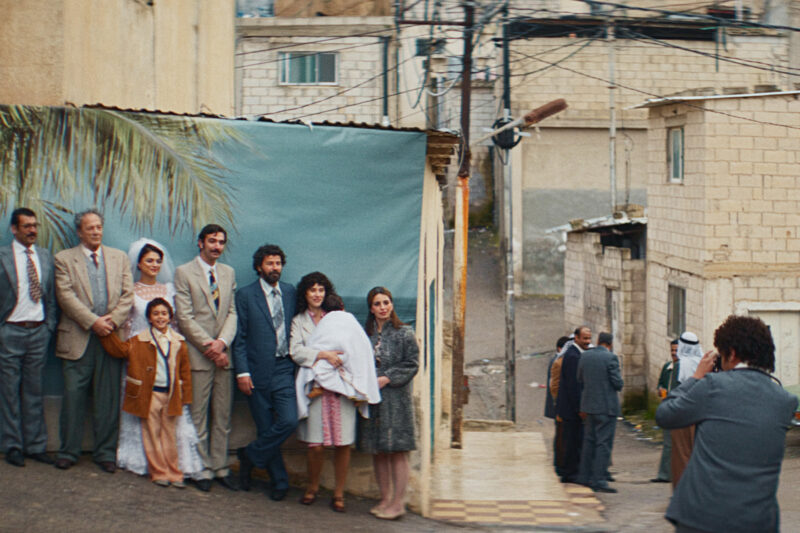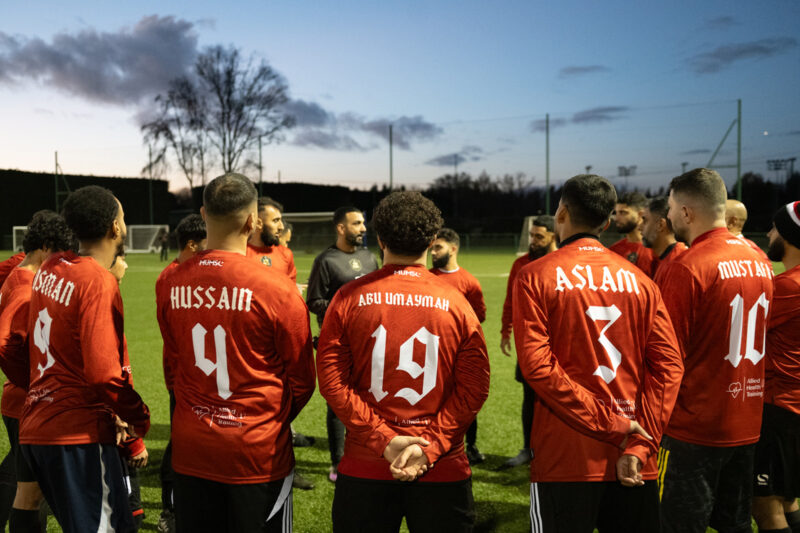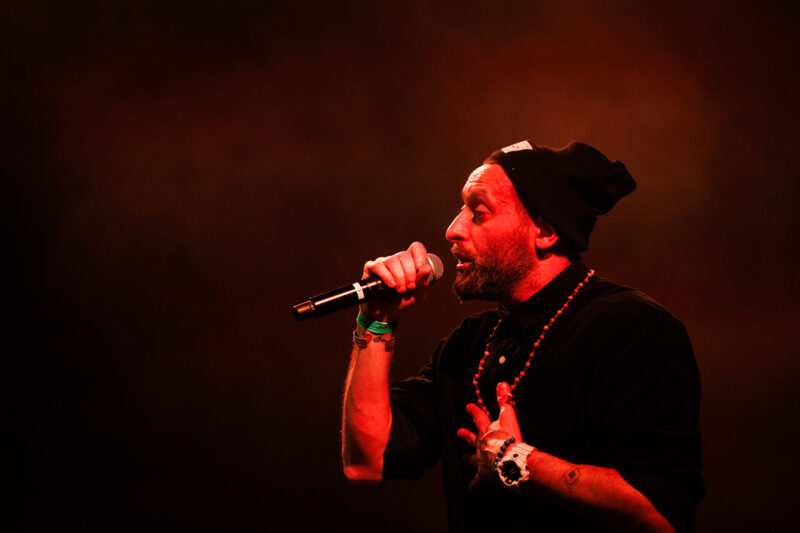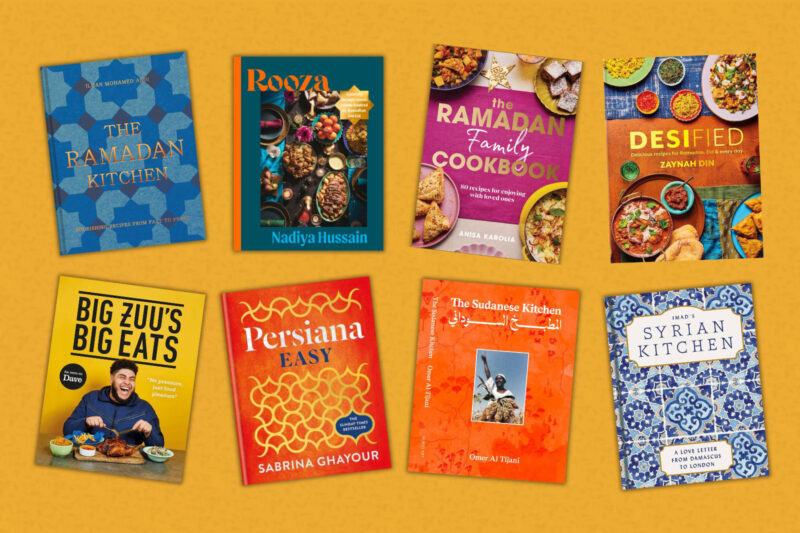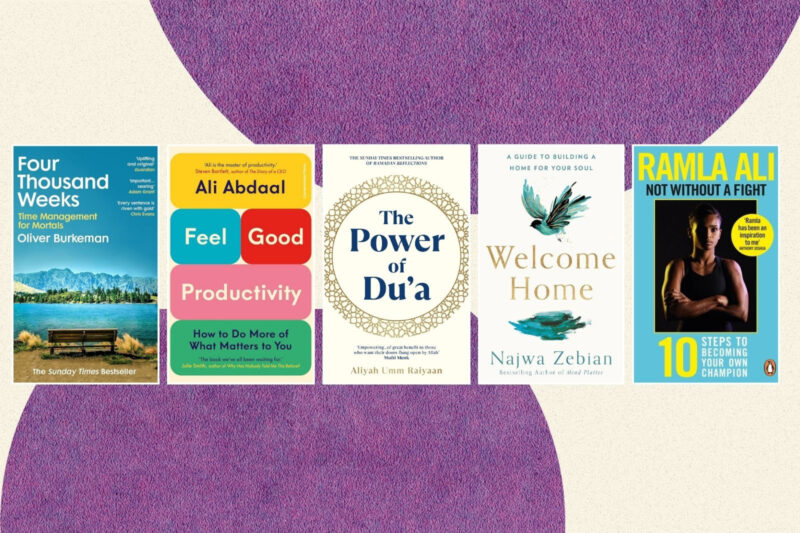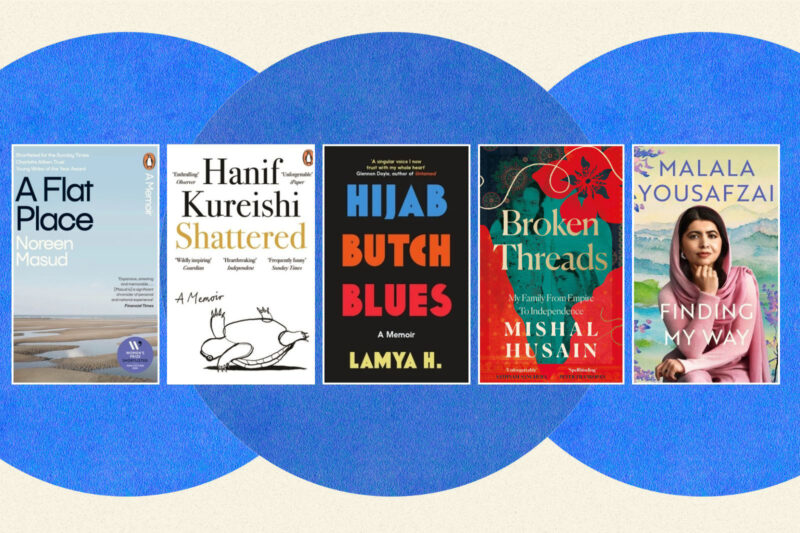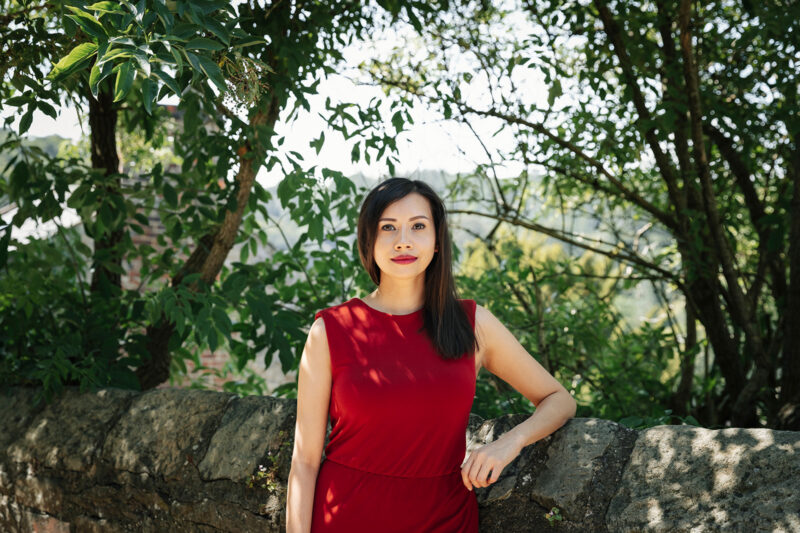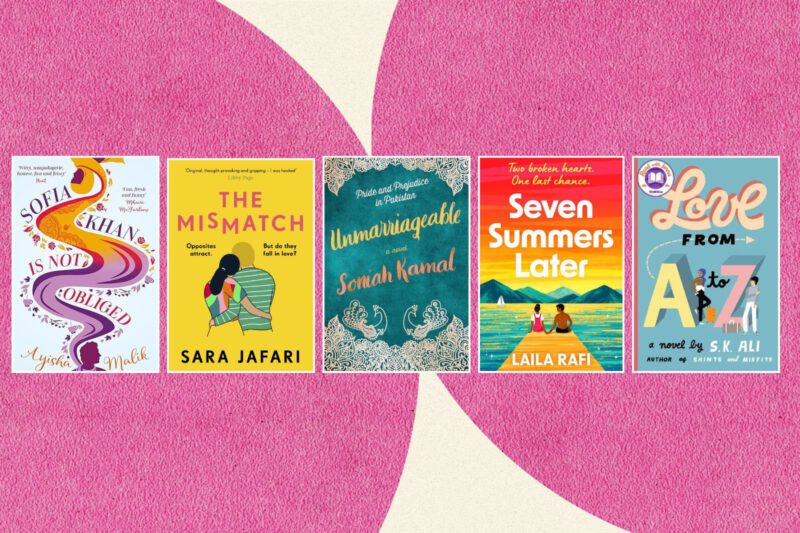Book recommendations: top reads to learn about Palestine
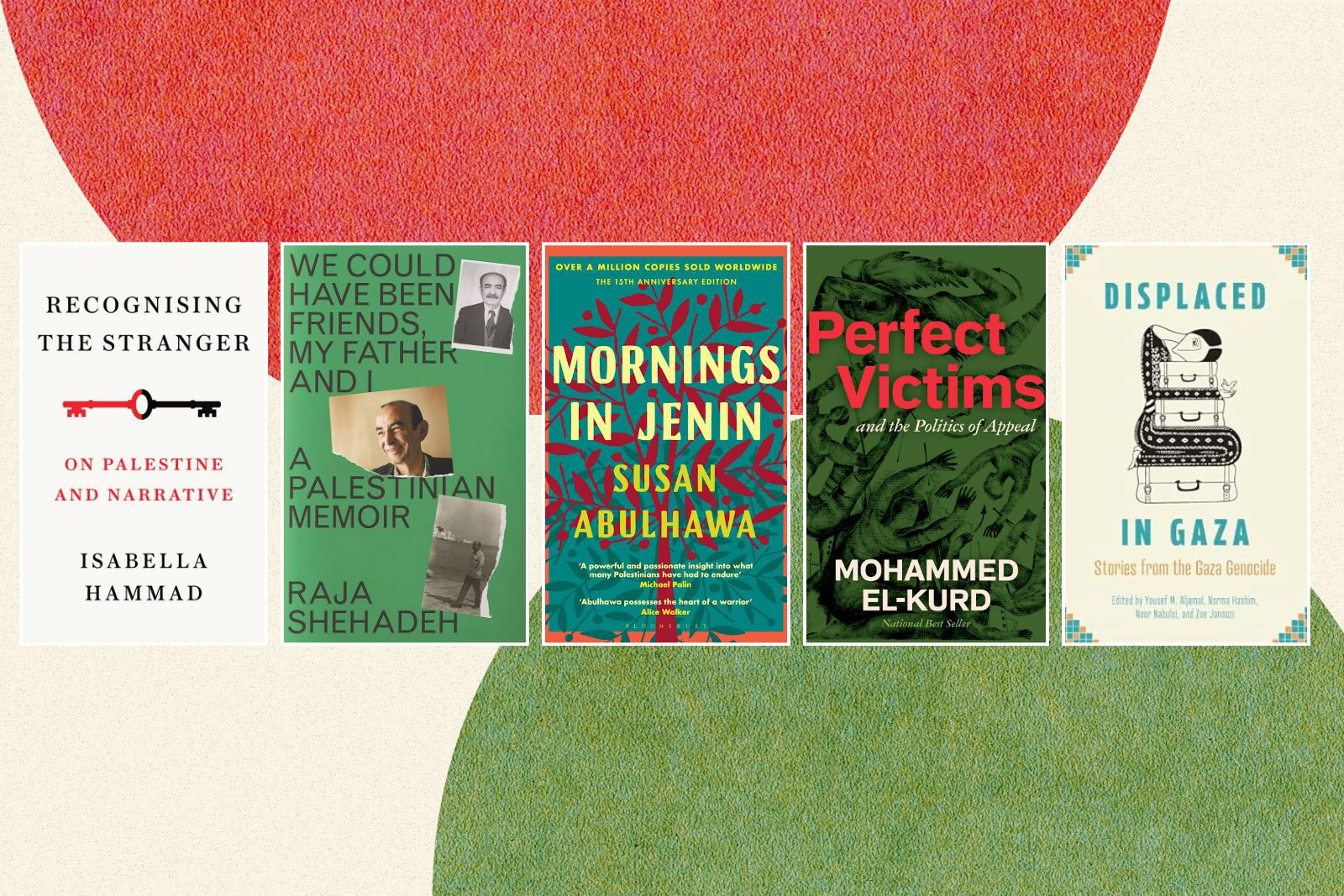
A selection of non-fiction, short stories and novels by Palestinian writers about their experience, culture and history
In Isabella Hammad’s Recognising the Stranger, the author recounts a meeting with an Israeli man named Daniel more than a decade ago. He tells her a story about the time he was a “little colonel” stationed at the Gaza fence. He’d been trained to shoot at the ground as a warning if someone were to come towards the fence, and, if they continue, at the leg.
One day, a Palestinian man approaches in distress, holding a photograph of a child. Eventually, the colonel puts down his gun, feeling sympathy for the man. Hammad asks the reader: how many Palestinians need to die for one soldier to show this kind of humanity?
I was struck by this question after reading Hammad’s writing, and have chosen this month’s column to recommend stories from Palestine, about its people and history. These books, including fiction and non-fiction, ask us to find humanity and bear witness to the truth. As Hammad writes: “To remain human at this juncture is to remain in agony. Let us remain there.”
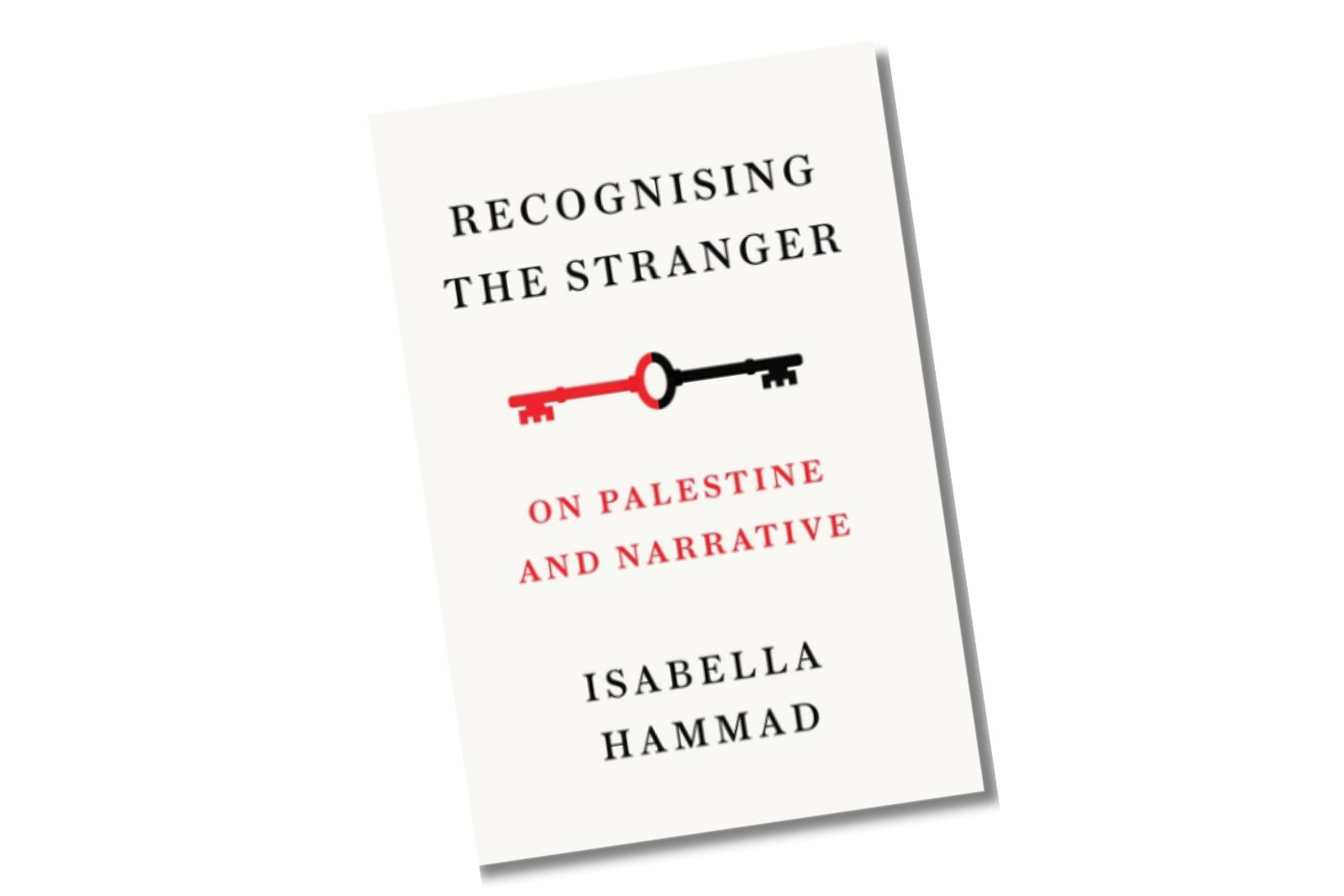
Recognising the Stranger: On Palestine and Narrative by Isabella Hammad
I’m a big fan of Hammad’s exceptionally sharp writing. Recognising the Stranger is the text from her Edward W. Said memorial lecture at Columbia University in September 2023, just nine days before 7 October.
She reflects at length on the idea of anagnorisis — the moment in a narrative when the truth of a matter is revealed, when ignorance gives way to knowledge. The author notes that many of the stories she gravitates towards hinge on this kind of transformation. She says that to be Palestinian is to be familiar with such scenes in real life, of “apparent blindness followed by staggering realisation”.
In this short but punchy read you get an insight into the award-winning writer’s working mind. How her political consciousness shows itself in her work, how she examines the stories told about Palestine and Palestinians, and how deeply she thinks about what it means to write those stories, too.
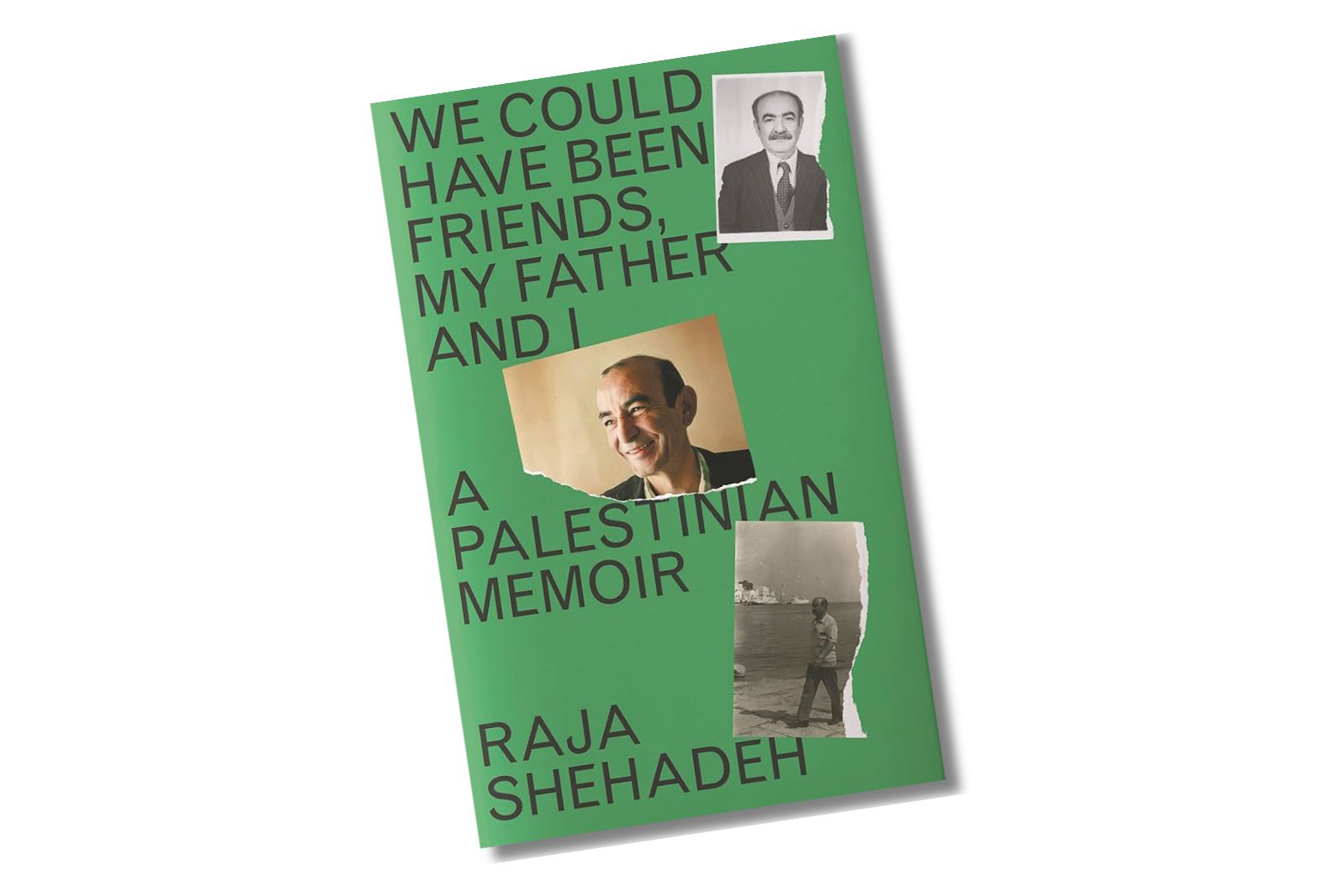
We Could Have Been Friends, My Father and I: A Palestinian Memoir by Raja Shehadeh
In We Could Have Been Friends, My Father and I, the author reflects on his complex relationship with his father, Aziz Shehadeh. Aziz, born in Bethlehem in 1912, was a lawyer and activist, as well as a prominent advocate for a two-state solution before it became a widely accepted idea. As a young man, Raja is frustrated by his father’s outspokenness and judges him for his willingness to engage with Israeli authorities. However, after Aziz is murdered outside their home in Ramallah in 1985, Raja has to confront not only his grief, but his previous misjudgments of his father.
When Raja uncovers his father’s papers, letters and legal writings in a filing cabinet, he begins to reconstruct Aziz’s legacy, realising they were far more politically aligned than he had once believed. Raja’s acceptance of past mistakes is what’s most compelling about the memoir — an experience that feels both human and universal.
The memoir serves as a journey of reflection, exploring how the tensions between father and son mirror the broader fractures and hopes within Palestine.
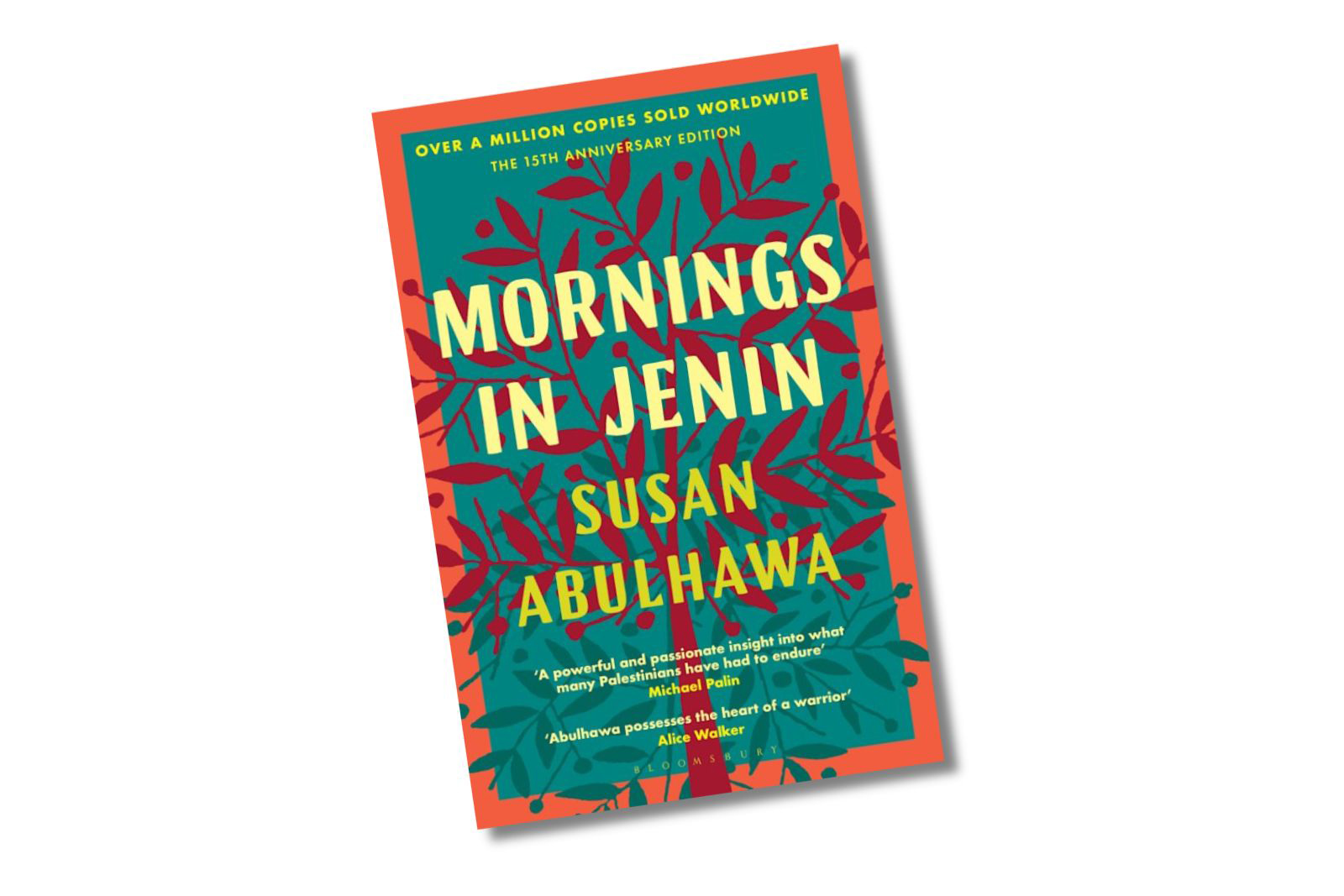
Mornings in Jenin by Susan Abulhawa
Abulhawa’s Mornings in Jenin is a powerful work of historical fiction that follows the Abulheja family through the Nakba and their forced displacement from their ancestral village. Their baby son, Ismael, is taken by an Israeli soldier and raised as David, unaware of his Palestinian heritage. His sister, Amal, recounts her family’s story as the main narrator, and we follow them through decades of exile, first in Jenin, then in Jerusalem, Lebanon and finally, Pennsylvania. Will David ever discover his true identity, and will he reunite with his family?
The author pays much attention to the humanity of each character, in their flaws and contradictions, in their pain and moments of grace. The novel continually asks who we afford humanity to, and how quickly our judgments can shift when “the shoe is on the other foot”.
I particularly enjoyed the way Abulhawa evokes Palestine itself through the depictions of the old villages, the fig trees and olive groves, as well as the moments of tenderness within family relationships and cultural traditions.
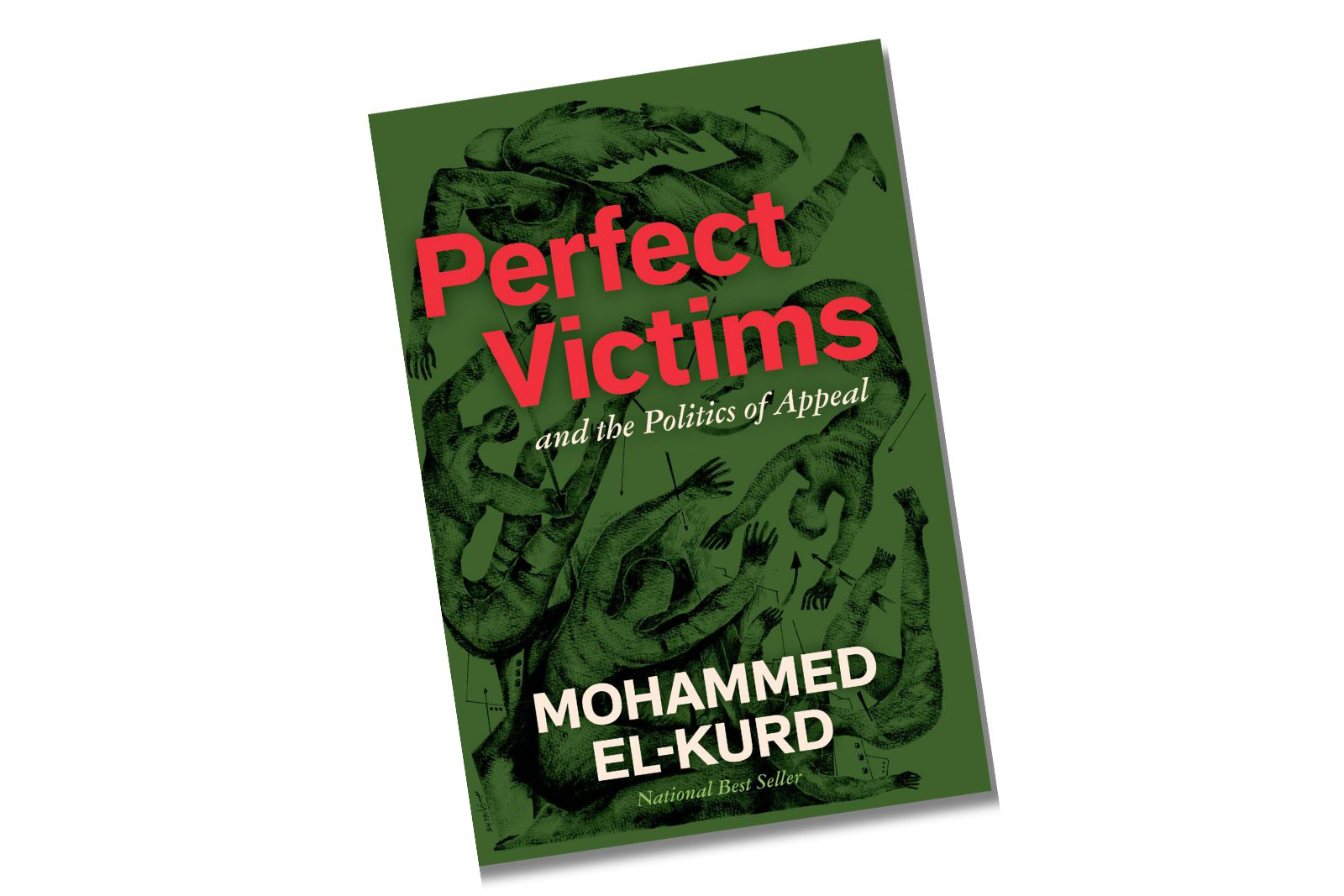
Perfect Victims: And the Politics of Appeal by Mohammed el-Kurd
Award-winning poet and writer Mohammed el-Kurd’s latest book, Perfect Victims, examines the idea that Palestinians are expected to perform perfect victimhood to prove their humanity — even within a genocide. It’s a devastating read, but also a necessary one.
El-Kurd argues that Palestinians should be allowed to grieve on their own terms — that they have every right to express rage and even hatred toward those responsible for their suffering. He critiques the propaganda that delegitimises such emotions, that brands angry Palestinians as threats rather than individuals reacting naturally to unbearable violence.
In doing so, he exposes how the full range of Palestinian emotion is denied recognition — that only quiet sorrow is deemed acceptable, while anger and resistance are pathologised. Perfect Victims is a searing indictment of this moral double standard, and a demand for dignity.
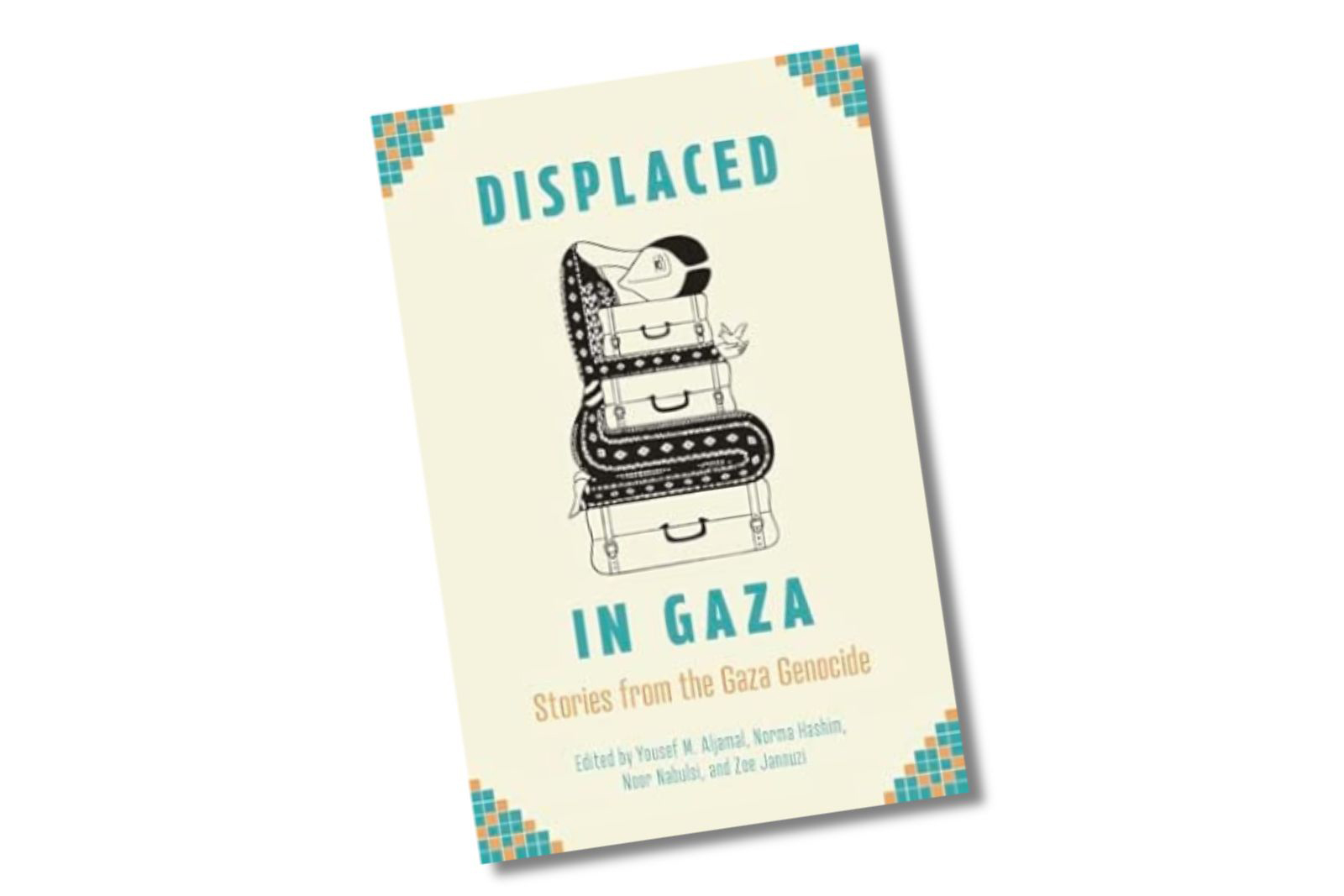
Displaced in Gaza: Stories from the Gaza Genocide by Yousef M. Aljamal, Norma Hashim, Zoe Jannuzi and Noor Nabulsi
In the past two years, we’ve seen and heard stories of almost indescribable horror, so, in some ways, I thought I was prepared for this collection of short accounts by Palestinians in Gaza. But what moved me most were the matter-of-fact reflections on daily life. Not being able to retrieve a loved one’s body. Soldiers forbidding you from grabbing baby supplies as they raid your home. How parents speak to their children about death as something they will all experience together — an attempt to make the unthinkable somehow bearable.
We learn of the plans and hopes people had before the war. One woman, Fidaa, had just begun to find success with her new bread-baking business. She moved into a new apartment close to her family. And then, in an instant, the war destroyed these dreams, and killed her son.
 Newsletter
Newsletter

